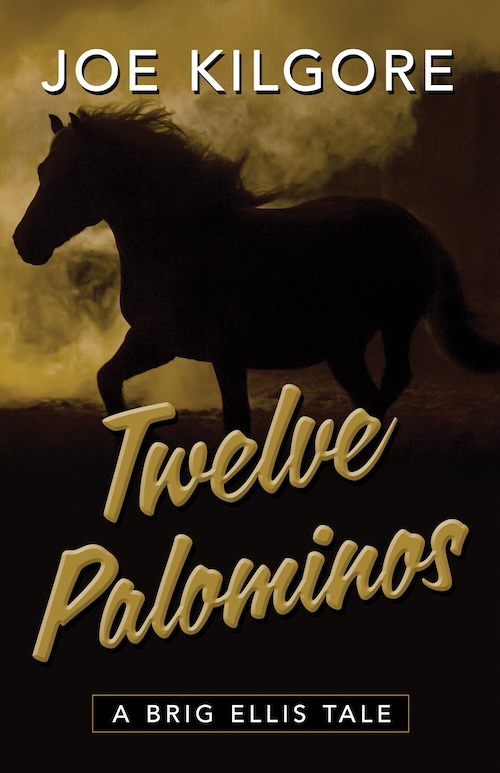“If both life and death frequently leave things unresolved, why should I be any different.” I wonder if that’s what John Le Carre was thinking when he ended his twenty-second novel, Our Kind of Traitor. For a writer remarkably skilled at tying up loose ends, he leaves a number of them fluttering in the breeze. Was boredom, advancing age, or the desire to empower the reader to create the settlement of accounts beyond the hardback’s walls, the author’s primary motivation? Surely not degenerative skills. For those all seem to be in tact and firing on all cylinders.
Indeed it takes consummate skill for a cloak and dagger tale to keep you turning over three hundred pages when not one shot (in the present tense anyway) is fired. Nor a gun drawn. Nor a weapon brandished. Unless of course you count the silver laptop computer that crashes onto the back of the neck of one minor character some two hundred and fifty plus pages into the tome. Only the finest of craftsmen can build suspense, intrigue, and impending doom with little or no physical action sequences to back it up. Le Carre manages to do so adroitly.
There’s a bit of the favored Hitchcock plot at work here. That of drawing the unsuspecting, inexperienced amateur into the world of jaded, battle-scarred (more emotionally than physically) professionals who ply their trade in safe houses, uncarpeted offices, and non-descript suburbs. In this case, two amateurs. One is a college teacher outfitted with good looks, athleticism, and an oncoming midlife crisis. The second is his beautiful, brainy, would-be fiancee, who is a junior attorney in a firm that seems to hold far less attraction to her than her conflicted academic lover. But as is the case in many Le Carre novels, Our Kind Of Traitor is more about angst than action, more concerned with inner than outer conflict, and move focused on human frailty than heroic deeds.
All those things we’ve come to love about John Le Carre tales are here in abundance. Internecine warfare, backstabbing underlings and credit-grabbing supervisors, musty institutions, glamorous locales, treachery, guilt, and circumstantial patriotism. Plus, we get a larger than life character in the traitor of the title, Dima, a Russian killer, mobster, money-launderer supreme, who also happens to be a stern, but caring family man to an expanding brood made larger by the vengeful actions of his unforgiving colleagues in crime. This would have been the perfect role for James Gandolfini had not fate recently intervened. There’s also international high finance, world-class tennis, and exotic Swiss resorts, but as always, the author’s real concern is with why people do the things they do.
Why does the academic agree to become involved with the defector? Why does the attorney acquiesce to the government’s shady practices? Why does agent A agree to work for agent B when they both know their superior, agent C, is likely to muck up the works when it comes to nailing corruption and wrongdoing on the part of A, B, and C’s own chain of command?
And…in this particular instance…why does the author give you an ending that answers a big question but leaves a battery of smaller questions unanswered. Is a sequel in the offing? Probably not. But then who knows. It’s Le Carre and anything is possible.
If you like great writing and storytelling and heaps of moral conundrums without the slightest trace of moralizing, give Our Kind Of Traitor a go. The Fiction Fortune Hunter did. And he’s the better for it.
